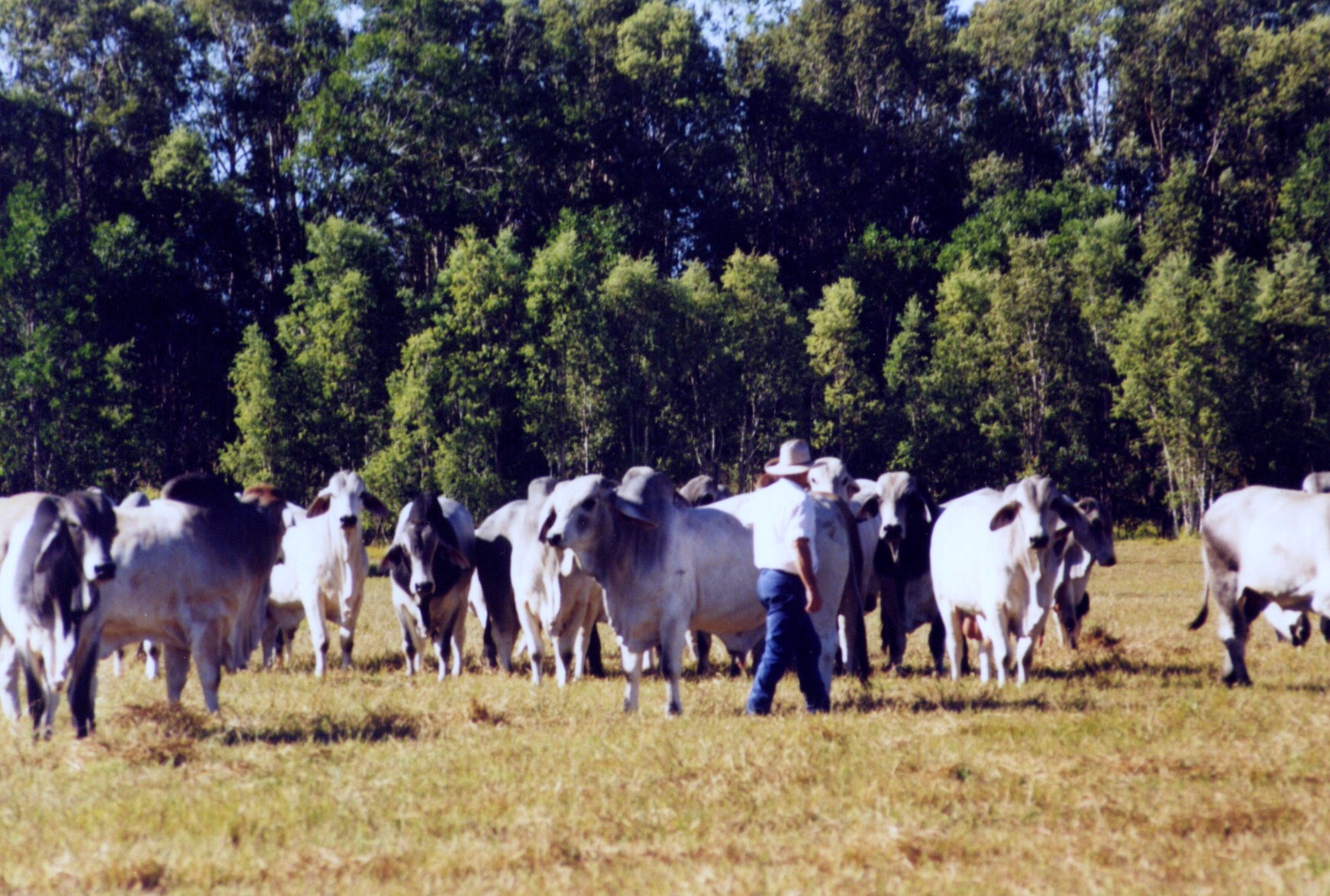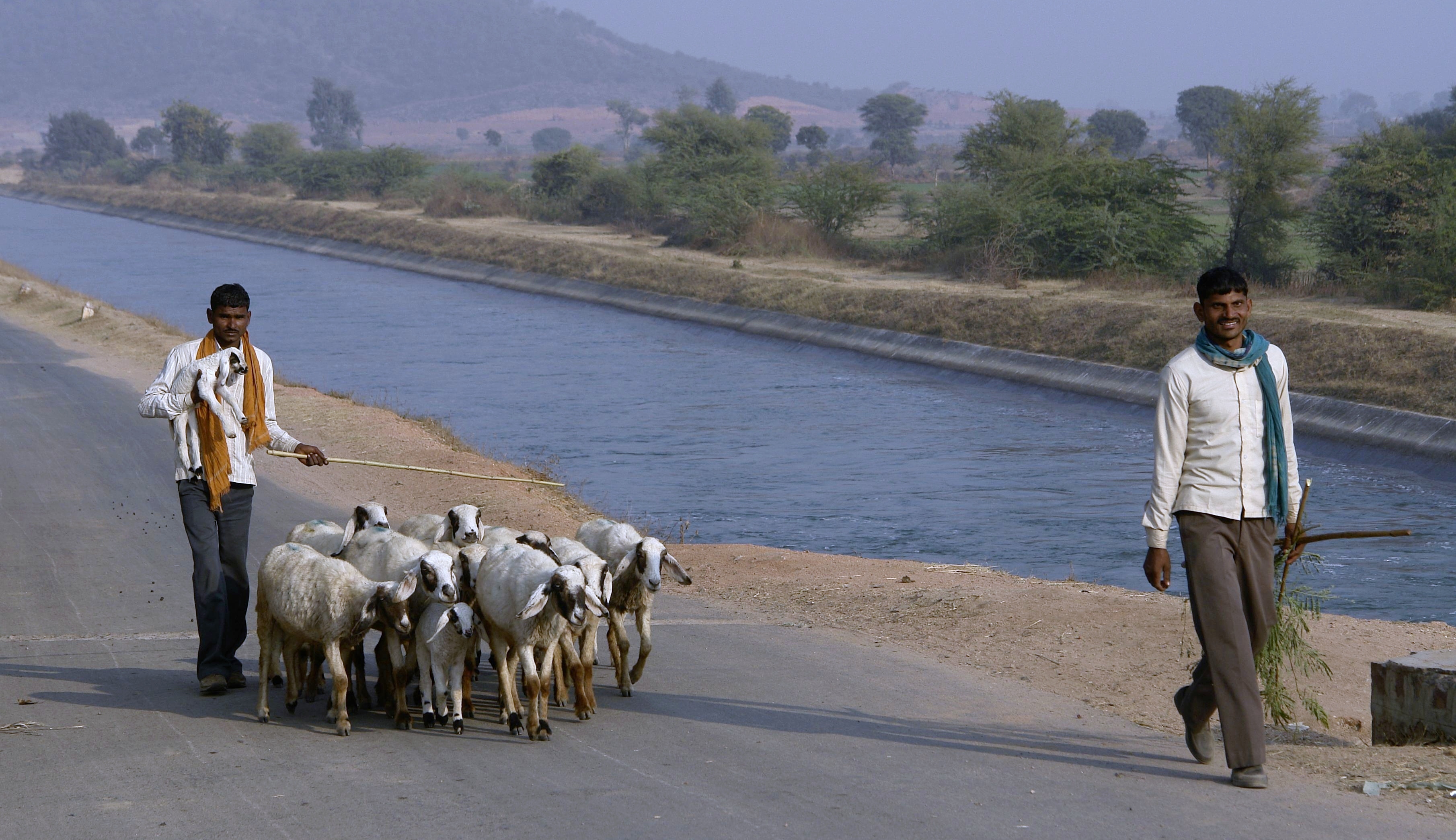|
Stockman (other)
Stockman may refer to: * Stockman (Australia), a person who looks after livestock on a station *Stockman (surname), a surname * Rancher, an owner of a North American livestock ranch operation * Cowman (profession), owner or operator of a cattle business * Dairy farmer, owner or manager of a dairy farm * Stock contractor, in the United States, contractor who supplies livestock, especially for rodeo *Shepherd, a person who looks after sheep in the fields See also * Station (Australian agriculture)#Personnel * Stockgrower (other) * Stockmann (other) * Shtokman field, named after Vladimir Shtokman (Stockmann) * Stockman's Lash * Australian Stockman's Hall of Fame * ''The Phantom Stockman'', a 1953 Australian film * Dr. G.C. Stockman House The Dr. G.C. Stockman House (also known as Mrs. Evangeline Skarlis House) was designed by Frank Lloyd Wright and built in 1908 for Dr. George C. and Eleanor Stockman in Mason City, Iowa. The home was originally located at 31 ... [...More Info...] [...Related Items...] OR: [Wikipedia] [Google] [Baidu] |
Stockman (Australia)
In Australia a stockman (plural stockmen) is a person who looks after the livestock on a large property known as a station (Australian agriculture), station, which is owned by a wikt:grazier, grazier or a grazing company, traditionally on horseback. In this sense it has a similar meaning to "cowboy". A stockman may also be employed at an abattoir, feedlot, on a livestock export ship, or with a stock and station agency. Associated terms Stockmen who work with the cattle in the Top End are known as ringers and are often only employed for the dry season which lasts from April to October. A station hand is an employee who is involved in routine duties on a rural property or station, which may also involve caring for livestock. With pastoral properties facing dire recruitment problems as young men are lured into the booming mining industry, young women from the cities are becoming a common sight on outback stations, often attracted by the chance to work with horses. An associated ... [...More Info...] [...Related Items...] OR: [Wikipedia] [Google] [Baidu] |
Stockman (surname)
Stockman is a surname. Notable people with the surname include: *Billy Stockman Tjapaltjarri (1927–2015), Australian artist *David Stockman (born 1946), former US Representative and Director of the Office of Management and Budget *Farah Stockman (born 1974), American journalist * Gerald R. Stockman (born 1934), American politician * Harry Stockman (1919–1994), American racing driver *Hayley Stockman (born 1985), New Zealand netball player * Jacques Stockman (1938–2013), Belgian football player * Lily Stockman (born 1982), American artist and writer *Lowell Stockman (1901–1962), former US Representative *Mark Stockman (1947–2020), Soviet-born American physicist *Phil Stockman (born 1980), British baseball player *Ralph Stockman Tarr (1864–1912), American geographer *René Stockman (born 1954), Belgian religious leader * Ron Stockman (born 1934), Australian football player *Sam Stockman (born 1982), British actor *Shawn Stockman (born 1972), American singer *Steve Stockman ... [...More Info...] [...Related Items...] OR: [Wikipedia] [Google] [Baidu] |
Cowman (profession)
A cowman is a person who works specifically with cattle. Usage Usage of the word "cowman" has significant geographic variation, though is sometimes used interchangeably with terms such as "stockman", "cattleman", "rancher" and "grazier." In England, where the word ''cowman'' originates, the social status of a cowman originally was a minor landowner, a yeoman, rather than a cowherd or herdsman. In medieval Gaelic Ireland a cowman was known as a bóaire and was landed. Today, however, in the British Isles the cowman usually is an employee, synonymous with cowherd. A highly skilled, superior cowman would be equivalent to an American farm or ranch manager, responsible for daily management of the herd. An ordinary cowman would be equivalent to a cowboy in the United States, or a stockman in Australia. A cowman with a dairy farm may also be known in the British Isles as a ''milkman''. In both the British Isles and the United States ''milkman'' commonly means someone who deliv ... [...More Info...] [...Related Items...] OR: [Wikipedia] [Google] [Baidu] |
Dairy Farmer
Dairy farming is a class of agriculture for long-term production of milk, which is processed (either on the farm or at a dairy plant, either of which may be called a dairy) for eventual sale of a dairy product. Dairy farming has a history that goes back to the early Neolithic era, around the seventh millennium BC, in many regions of Europe and Africa. Before the 20th century, milking was done by hand on small farms. Beginning in the early 20th century, milking was done in large scale dairy farms with innovations including rotary parlors, the milking pipeline, and automatic milking systems that were commercially developed in the early 1990s. Milk preservation methods have improved starting with the arrival of refrigeration technology in the late 19th century, which included direct expansion refrigeration and the plate heat exchanger. These cooling methods allowed dairy farms to preserve milk by reducing spoiling due to bacterial growth and humidity. Worldwide, leading dairy i ... [...More Info...] [...Related Items...] OR: [Wikipedia] [Google] [Baidu] |
Stock Contractor
A stock contractor is an individual or business that provides animals for rodeo competition. Stock contractors supply roughstock - horses for saddle bronc and bareback bronc riding (called buckjumpers in Australia) and bulls for the bull riding event, plus steers for steer wrestling and team roping, plus calves for calf roping (also known as tie-down roping) events. Use of stock contractors who specialize in providing these animals has produced a more uniform range of bucking stock which are also quieter to handle.Hicks Jenny, “Australian Cowboys, Roughriders & Rodeos”, CQU Press, Rockhampton, QLD, 2000 Most bucking stock is specifically bred for use in rodeos, with horses and bulls having exceptional bucking ability often selling for high prices. Most are allowed to grow up in a natural, semi-wild condition on the open range, but also have to be tamed and gentled in order to be managed from the ground, safely loaded into trailers, vaccinated and wormed, placed into bucki ... [...More Info...] [...Related Items...] OR: [Wikipedia] [Google] [Baidu] |
Shepherd
A shepherd or sheepherder is a person who tends, herds, feeds, or guards flocks of sheep. ''Shepherd'' derives from Old English ''sceaphierde (''sceap'' 'sheep' + ''hierde'' 'herder'). ''Shepherding is one of the world's oldest occupations, it exists in all parts of the globe, and it is an important part of Pastoralism, pastoralist animal husbandry. Because of the ubiquity of the profession, many religions and cultures have symbolic or metaphorical references to the shepherd profession. For example, Jesus called himself the Good Shepherd, and ancient Greek mythologies highlighted shepherds such as Endymion (mythology), Endymion and Daphnis. This symbolism and shepherds as characters are at the center of pastoral literature and art. Origins Shepherding is among the oldest occupations, beginning some 5,000 years ago in Asia Minor. Sheep were kept for their milk, sheep meat, meat and especially their wool. Over the next thousand years, sheep and shepherding spread throughout ... [...More Info...] [...Related Items...] OR: [Wikipedia] [Google] [Baidu] |
Station (Australian Agriculture)
In Australia, a station is a large landholding used for producing livestock, predominantly cattle or sheep, that needs an extensive range of grazing land. The owner of a station is called a pastoralism, pastoralist or a wikt:grazier, grazier, corresponding to the North American term "rancher". Originally ''station'' referred to the homestead (buildings), homestead – the owner's house and associated outbuildings of a pastoral property, but it now generally refers to the whole holding. Stations in Australia are on Crown land pastoral leases, and may also be known more specifically as sheep stations or cattle stations, as most are stock-specific, dependent upon the region and rainfall. If they are very large, they may also have a subsidiary homestead, known as an outstation. Sizes Sheep and cattle stations can be thousands of square kilometres in area, with the nearest neighbour being hundreds of kilometres away. Anna Creek Station in South Australia is the world's largest ... [...More Info...] [...Related Items...] OR: [Wikipedia] [Google] [Baidu] |
Stockgrower (other)
A stockgrower (or stock grower) is someone who raises livestock. Stockgrower may also refer to: *Cowman (profession) *Rancher *Cattle baron See also *Grower (other) *Stockman (other) Stockman may refer to: *Stockman (Australia), a person who looks after livestock on a station *Stockman (surname), a surname * Rancher, an owner of a North American livestock ranch operation *Cowman (profession), owner or operator of a cattle busi ... * Stockgrowers association * Lashing (ropework)#Stockgrower's lash {{disambig ... [...More Info...] [...Related Items...] OR: [Wikipedia] [Google] [Baidu] |
Stockmann (other)
{{disambig ...
Stockmann is a Finnish company. Stockmann may also refer to: * Stockmann (surname) ; Finnish department stores: * Stockmann, Helsinki centre * Stockmann, Tapiola * Stockmann, Turku See also *Stockman (other) Stockman may refer to: *Stockman (Australia), a person who looks after livestock on a station * Stockman (surname), a surname * Rancher, an owner of a North American livestock ranch operation *Cowman (profession), owner or operator of a cattle bus ... [...More Info...] [...Related Items...] OR: [Wikipedia] [Google] [Baidu] |
Shtokman Field
The Shtokman field (also ''Stockman field''; russian: Штокмановское месторождение), one of the world's largest natural gas fields, lies in the northwestern part of the South Barents BasinLindquist, Sandra J"South and North Barents Triassic-Jurassic Total Petroleum System of the Russian Offshore Arctic" USGS Open File Report 99-50N, United States Geological Survey in the Russian sector of the Barents Sea, north of Kola Peninsula. Its reserves are estimated at of natural gas and more than 37 million tons of gas condensate. History The Shtokman field was discovered in 1988. It was named after the Soviet geophysicist Vladimir Shtokman (russian: Владимир Штокман), a descendant of German emigrants, whose name was originally spelled ''Stockmann''. In the early 1990s, Gazprom started talks with a group of five Western companies to participate in the field's development. In 1992, the foreign consortium was pushed out by the Rosshelf consor ... [...More Info...] [...Related Items...] OR: [Wikipedia] [Google] [Baidu] |
Lashing (ropework)
A lashing is an arrangement of rope, wire, or webbing with linking device used to secure and fasten two or more items together in a somewhat rigid manner. Lashings are most commonly applied to timber poles, and are commonly associated with cargo, containerisation, the Scouting movement, and sailors. It has been imagined that the first lashing made by humans was wrapping a few strips of bark around a stone to hold it to a tree branch to make an ax to hunt and build with. In modern times, the same methods are used, but strips of bark and vines have been replaced with natural and synthetic fiber ropes. Scouts and campers use lashings to build camp gadgets and improve their campsites for comfort and convenience, including the building of rafts for transport and competitive events. Lashings are also used in pioneering, the art of creating structures such as bridges and towers, using ropes and wooden spars. There are still areas in the world where lashing spars (or poles) is the bas ... [...More Info...] [...Related Items...] OR: [Wikipedia] [Google] [Baidu] |





